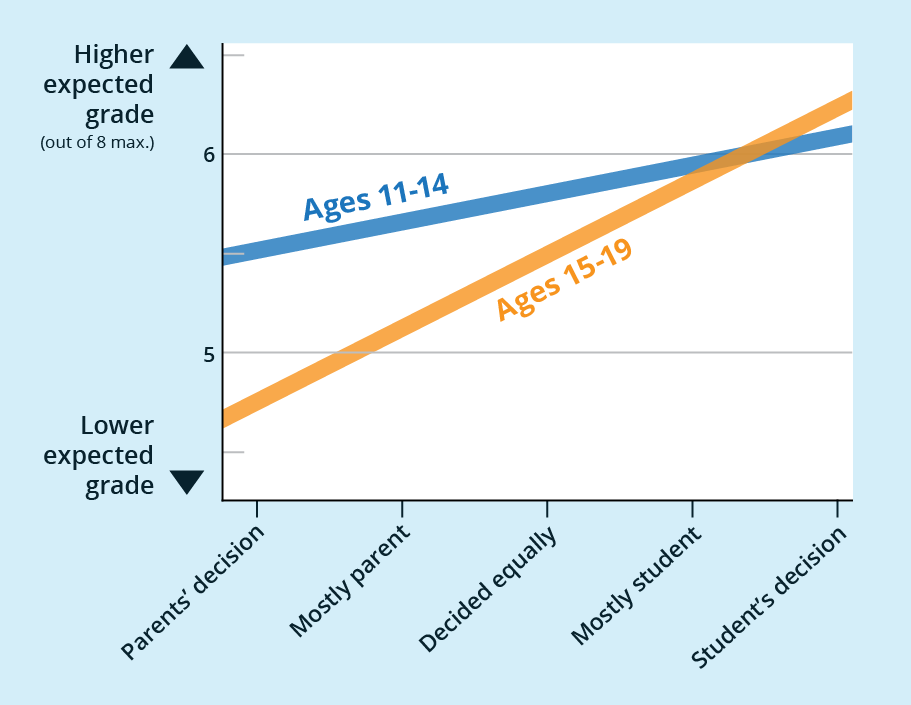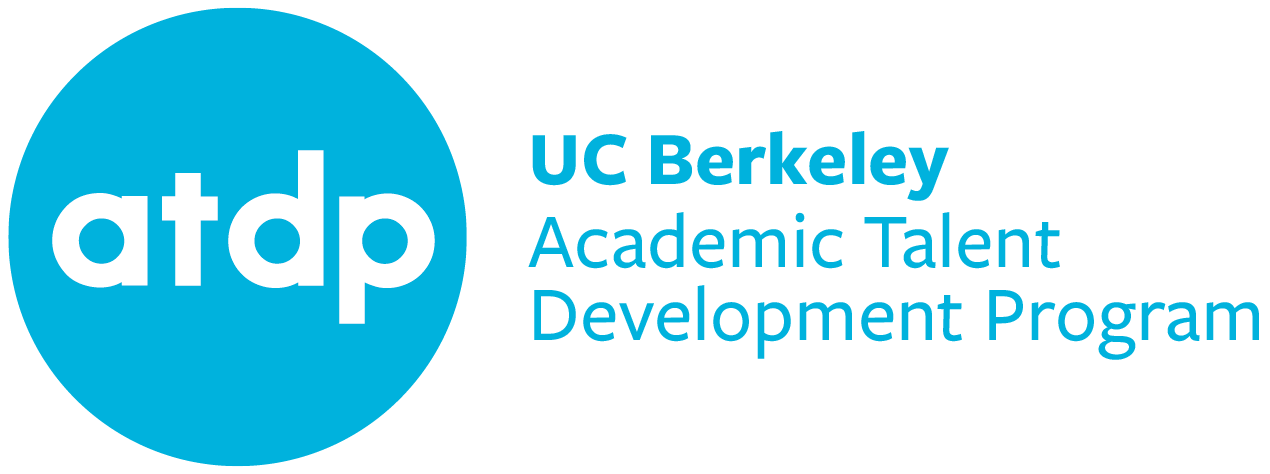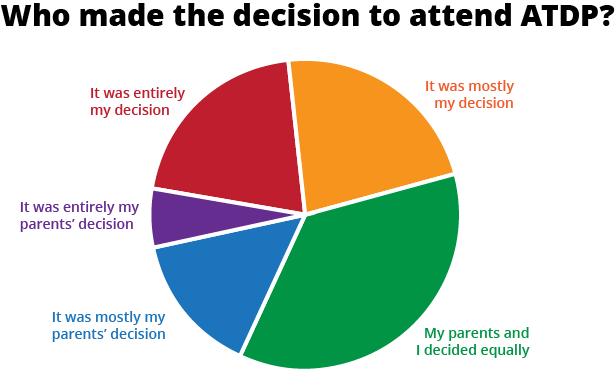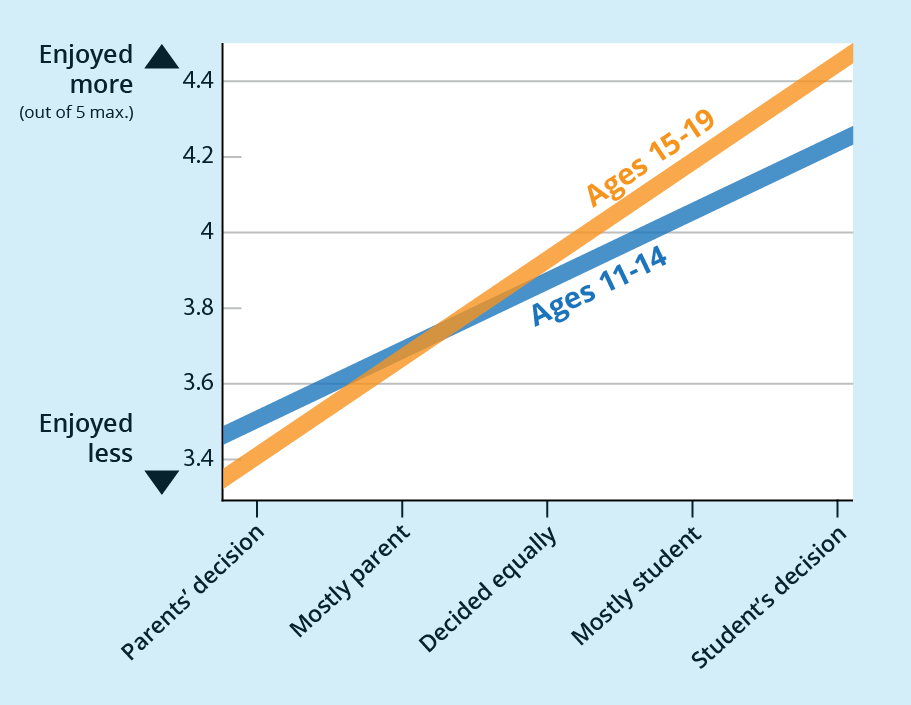What student decision-making means for grades, effort level, and enjoyment of the program
Have you ever wondered what ATDP does with the end-of-summer surveys?
We use the data for several purposes. Primarily, participants’ responses inform us about students’ satisfaction with their courses and instructors. They also help us learn how we can improve the program for the following summer.
Moreover, students and faculty from UC Berkeley’s Graduate School of Education sometimes use the data to ask research questions to help them better understand students, learning, and teaching. One research question we had this summer was: How does student decision-making affect students’ expected grades, effort levels, and overall enjoyment of the program?
We asked Secondary Division students, “Who made the decision to participate in ATDP this summer?” Here is how participants answered this question:
After eliminating the influence of sex, ethnicity, socioeconomic status, and students’ current GPAs, we discovered the following information:
- Students who made the decision to come to ATDP (either by themselves or with their parents) expected to earn higher final grades and enjoyed the program more than students whose parents primarily made the decision for them (see Table).
| Average Expected Grade (1-8 range; i.e., A+ = 8; A = 7; A- = 6; B+ = 5; B = 4; B- = 3; Pass = 2; No Pass = 1) |
Average Enjoyment Level (1-5 range; i.e., 5= a great deal; 4= quite a bit; 3= it was okay; 2= very little; 1= not at all) |
|
| It was entirely my decision | 5.92 | 4.07 |
| It was mostly my decision | 5.96 | 4.12 |
| My parents and I decided equally | 5.96 | 4.08 |
| It was mostly my parents’ decision | 5.12 | 3.59 |
| It was entirely my parents’ decision | 5.00 | 2.94 |
- Although students who made the decision to come to ATDP expected to earn higher final grades, they did not report spending more time studying and doing homework than other students.
- Furthermore, age mattered! Students’ input in this decision was more correlated with better outcomes for older students in the program (i.e., >15) than for younger students in the program (i.e.,<14).

These findings are consistent with our philosophy that the students who want to spend their summer at ATDP are the more successful and enjoy it more. Talent development is a deliberate choice, especially as students become older and more independent. Interestingly, time spent studying did not explain the differences in students’ enjoyment or expected grades, which suggests that students’ choices and intentions may be important factors in themselves.
What questions do you have about ATDP students? E-mail the ATDP office with your questions and suggestions!


